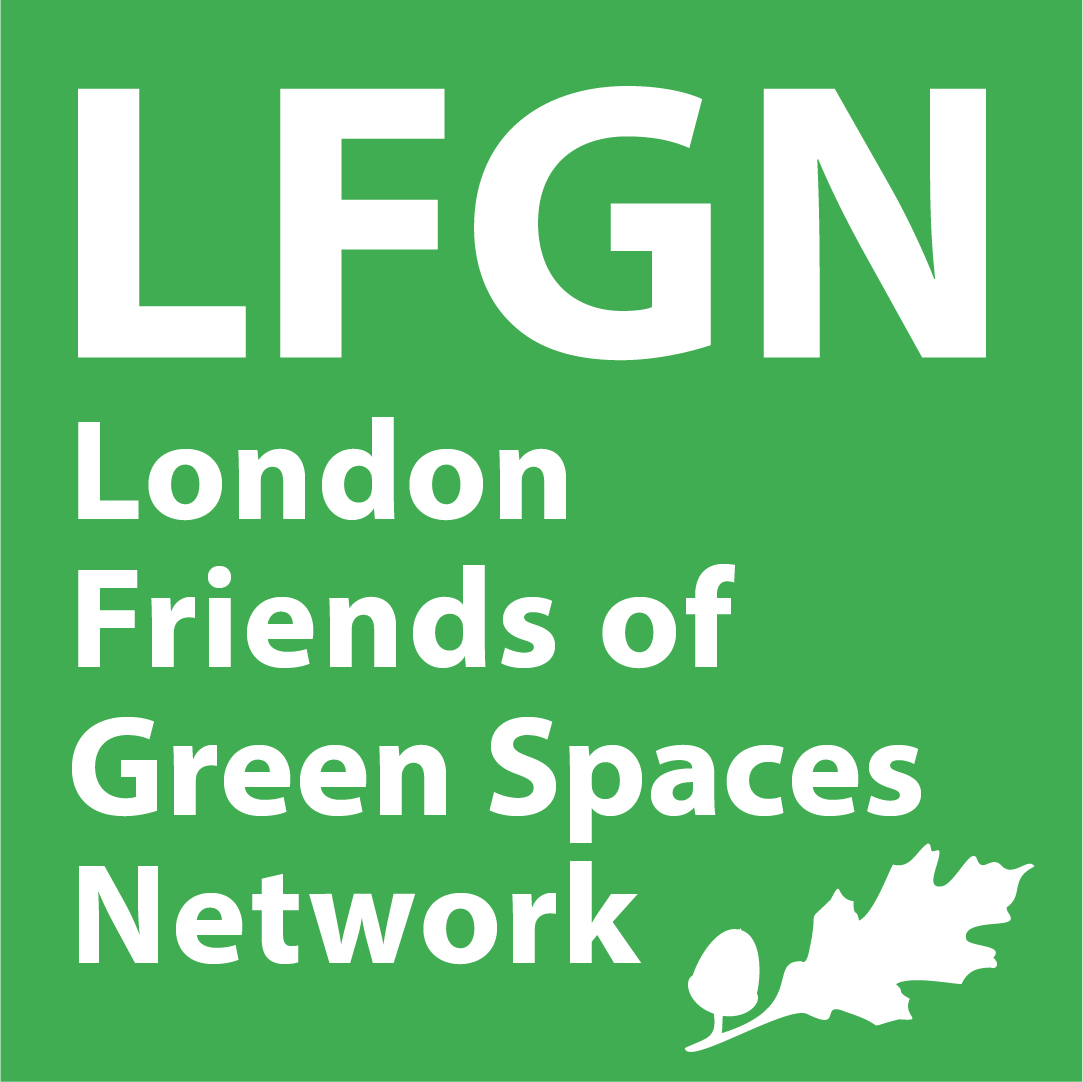Dog Officers
REMIT of LFGN DOG OFFICER(S) – Rev -01 (16-10-2017)
- INTRODUCTION
- Dogs and their carers are major and significant users of most public open green spaces (POGS). At their best, carers are promoters and protectors of green spaces, the eyes and ears that aid monitoring and a presence that helps to provide safety and security during times when fewer other users are around. Unfortunately, failure by a minority of carers to pick up faeces is a common cause for concern and in a small number of cases, antisocial behaviour extends to certain dogs or types of dogs that can cause physical harm to the environment, infrastructure or the wellbeing of other users including dogs.
- CONCERNS
- For dogs and their carers:
- POGS (public open green spaces) which totally ban or significantly restrict access.
- Some Public Space Protection Orders (PSPOs) fail to include exclusion for assistance dogs.
- Lack of provision of bag disposal opportunities.
- For all users:
- Lack of regulatory enforcement (e.g. PSPOs and byelaws).
- Dog fouling (anti-social failure to pick up).
- Aggressiveldangerous/uncontrolled dogs.
- For dogs and their carers:
- LINKS WITH AMENITY GROUPS & OTHERS
- Canine organisations such as RSPCA, PDSA and Blue Cross.
- Pedestrian and other user interest organisations.
- Employed dog walking organisations.
- Other POGS organisations such as Parks for London.
- Press/media feedback.
- Link with LFGN ‘Walking/Access Officer’.
- TALKS WITH AUTHORITIES
- Local authorities and their Dog Control Officers, both from the point of view of learning how dogs in POGS (public open green spaces) are regulated in different boroughs and different areas, as well as being a potential channel to feed back comments to the same authorities.
- LAWS, BYLAWS & REGULATIONS
- London Boroughs have been adopting similar bylaws, but with differing dates of updates and maximum fines often set at low amounts due to the complexity and cost of byelaw updating. The Clean Neighbourhood Act (CNAA) and Dog Control Orders (DCOs) which recently had superseded local byelaws with respect to dog control, have in turn been replaced by Public Space Protection Orders 2014 (PSPOs) being introduced into many boroughs — both of these being distinguished by much higher maximum fines (Schedule 3 rather than 2).
- A number of new powers have been introduced that may or may not have local impact apart from PSPOs — including the ‘Community Trigger’, Criminal Behaviour Orders, Community Protection Notices, Early and informal interventions, Dispersal and Closure powers.
- The LFGN is well-placed to feed back from grass-roots to governmental level with respect to the suitability of relevant regulations in place or proposed to be (e.g.PSPOs).
- The Dog Officer(s) should bring to attention regulatory changes with respect to dogs that are relevant to all park users.

